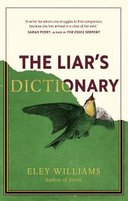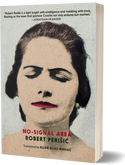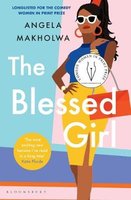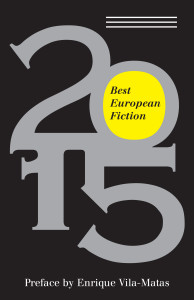It’s time for another three reviews from my Instagram.
Eley Williams, The Liar’s Dictionary (2020)

I’ve heard a lot of praise for Eley Williams’ story collection Attrib. over the last couple of years, but haven’t got around to reading it. So I had high hopes for her debut novel, The Liar’s Dictionary, but didn’t quite know what to expect.
What I found is a joyous celebration of language. Here, for example, is one character trying to identify a bird:
He pored over zoological catalogues and pawed through illustrated guides but for all he was able to glean about various small birds’ feeding habits, migratory patterns, taxonomies, use of ants to clean their feathers, use and misuse in mythology and folklore, prominence on menus and milliners’ manifests, &c., &c., its species remained a mystery. Basically, it was a sparrow with access to theatrical costumiers.
The music of Williams’ writing is all its own. If you’re interested in words and wordplay, I would recommend The Liar’s Dictionary on its prose style alone.
But there’s more than that. The novel revolves around Swansby’s Encyclopaedic Dictionary, a grand yet incomplete work that has been in existence for over a hundred years. We follow two main characters: the first is Mallory, an intern in the present day, when it’s just her and old David Swansby left, and there are plans to digitise and update the existing entries. The second protagonist is Peter Winceworth, a lexicographer who works at the dictionary in its Victorian heyday, and often finds himself overlooked.
The two characters are (unknowingly) brought together by mountweazels: false dictionary entries such as “skipsty (v.) The act of taking steps two at a time”. Peter inserts them in the dictionary for his own amusement, and Mallory is tasked with weeding them out. For both characters, working with mountweazels creates an outside space that gives them a greater sense of belonging. For Peter, it’s a chance to leave his mark on the dictionary when others tend to ignore him. Mallory gains the confidence to come out to the rest of the world and not just to her girlfriend. Williams explores how words can shape and reshape ourselves.
Published by William Heinemann.
Robert Perišić, No-Signal Area (2015)
Translated from the Croatian by Ellen Elias-Bursać, 2020

This is the first title in a new line of translated fiction published in the UK by the US publisher Seven Stories Press. It begins with cousins Oleg and Nikola arriving in the remote town of N., somewhere in the former Yugoslavia. They’ve come to revive an old factory that manufactures an obsolete model of turbine, so they can sell a couple to an overseas buyer.
The pair recruit Sobotka, the chief engineer from the factory, to work with them. Gradually the old workers return, and Oleg and Nikola (who aren’t all that business-minded) leave them to manage themselves. The factory becomes poised between the past and the future, socialism and capitalism. As the novel’s title suggests, this place is something of a world apart, where outside influences reach only haphazardly.
As No-Signal Area progresses, it spirals out into telling the histories of Oleg, Nikola and the factory workers, turning into a complex tapestry of story.
Angela Makholwa, The Blessed Girl (2017)

Bontle is a twentysomething woman (don’t ask her what number the “something” is) with her own hair extension business. Thanks to the government’s Black Economic Empowerment policy (brought in to redress the effects of apartheid), she is now also trying her hand at running a construction business, though it’s not as straightforward as she thought.
Bontle might seem to have it all: looks, the trappings of wealth, a large social media following, her pick of suitors… She is indeed blessed. “Blessed” in this context (according to the novel’s epigraph) is a South African term that means Bontle’s lifestyle is sponsored by wealthy older men in return for a relationship. She has several “blessers” in her life, and it all gets rather complicated…
I heard about Angela Makholwa’s novel because it has been shortlisted for the Comedy Women in Print Prize, and it is indeed very funny. There’s also an undercurrent of sadness, the sense that Bontle is using her fancy lifestyle and breezy language as a form of displacement. This sense grows more and more pronounced as the book progresses and Bontle is forced to confront the past. It’s a really effective ending to an enjoyable book.
Published in the UK by Bloomsbury.

Recent Comments